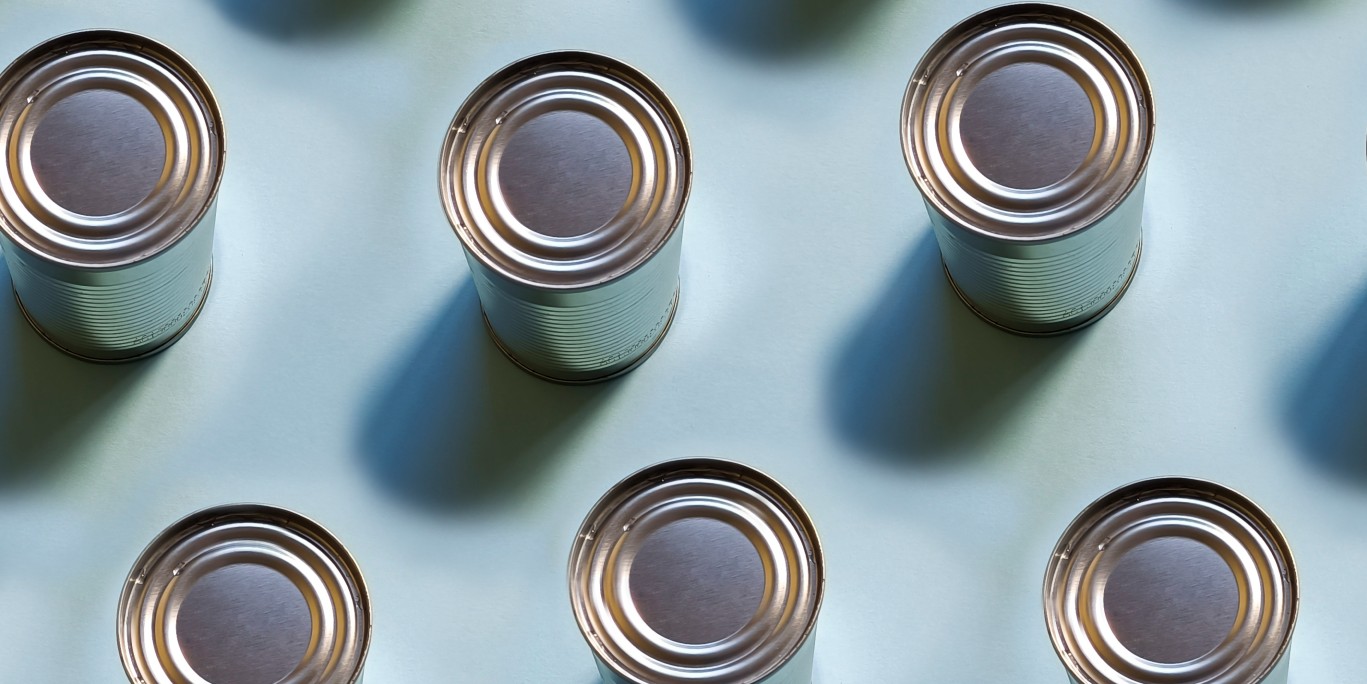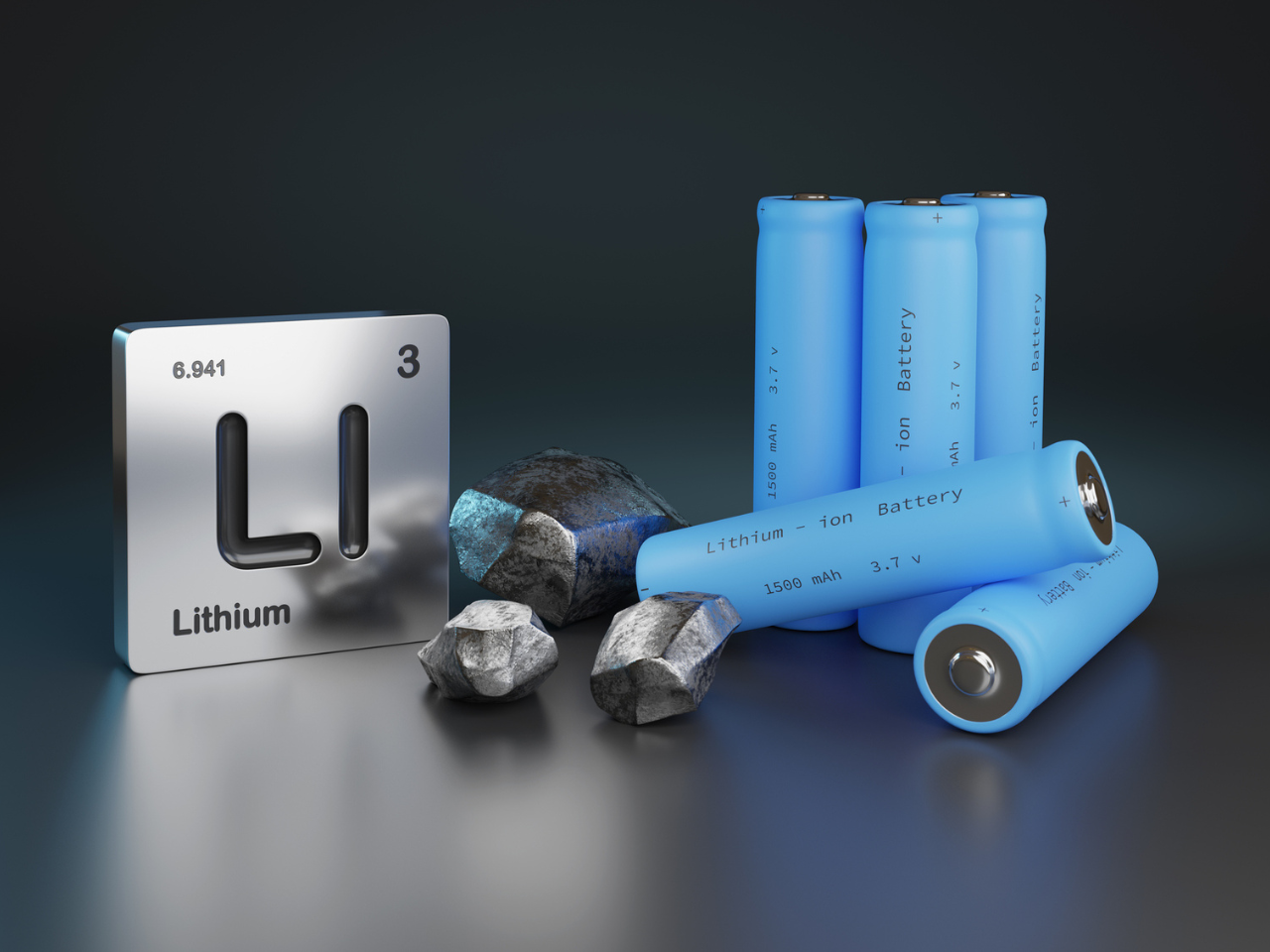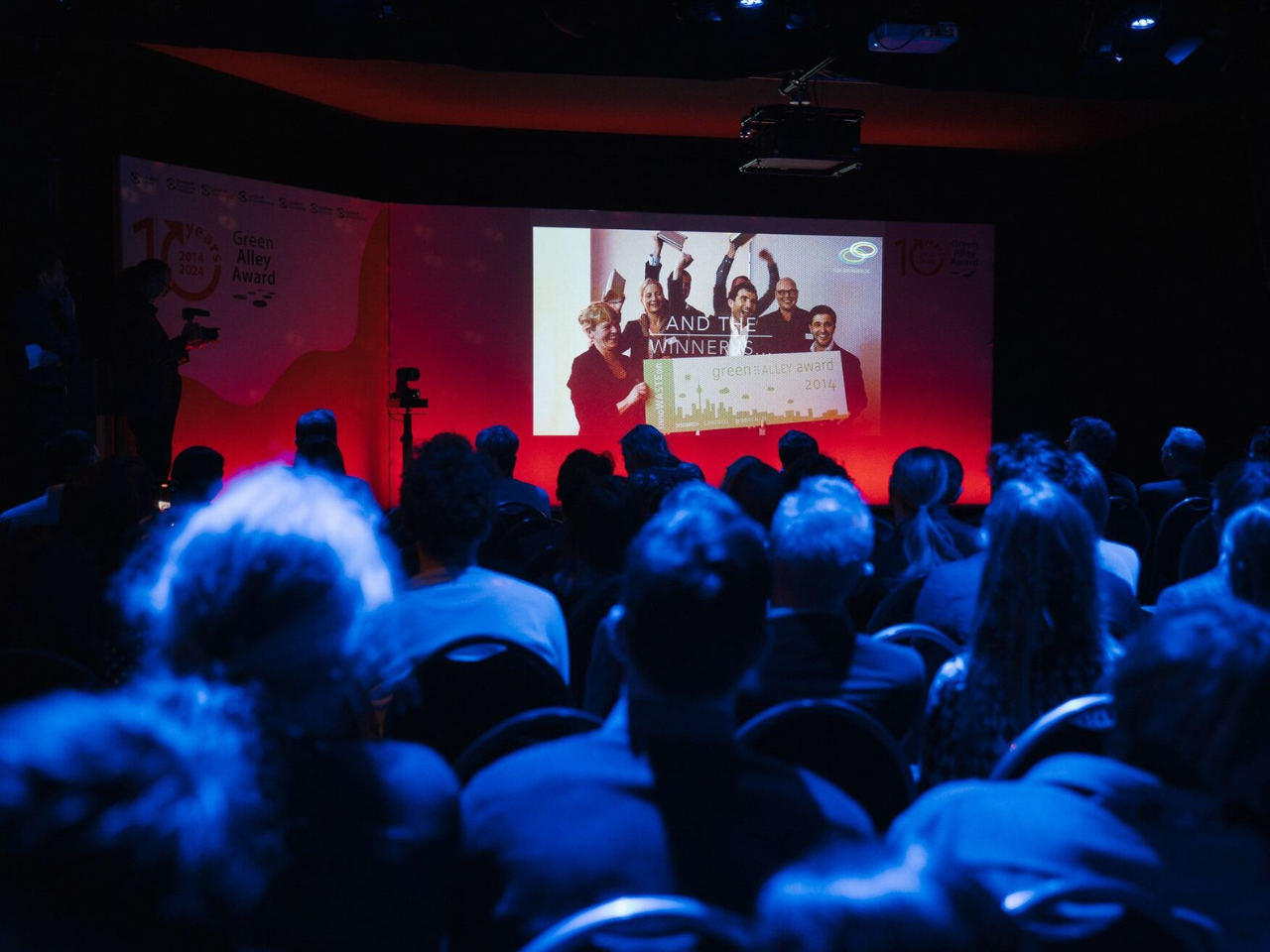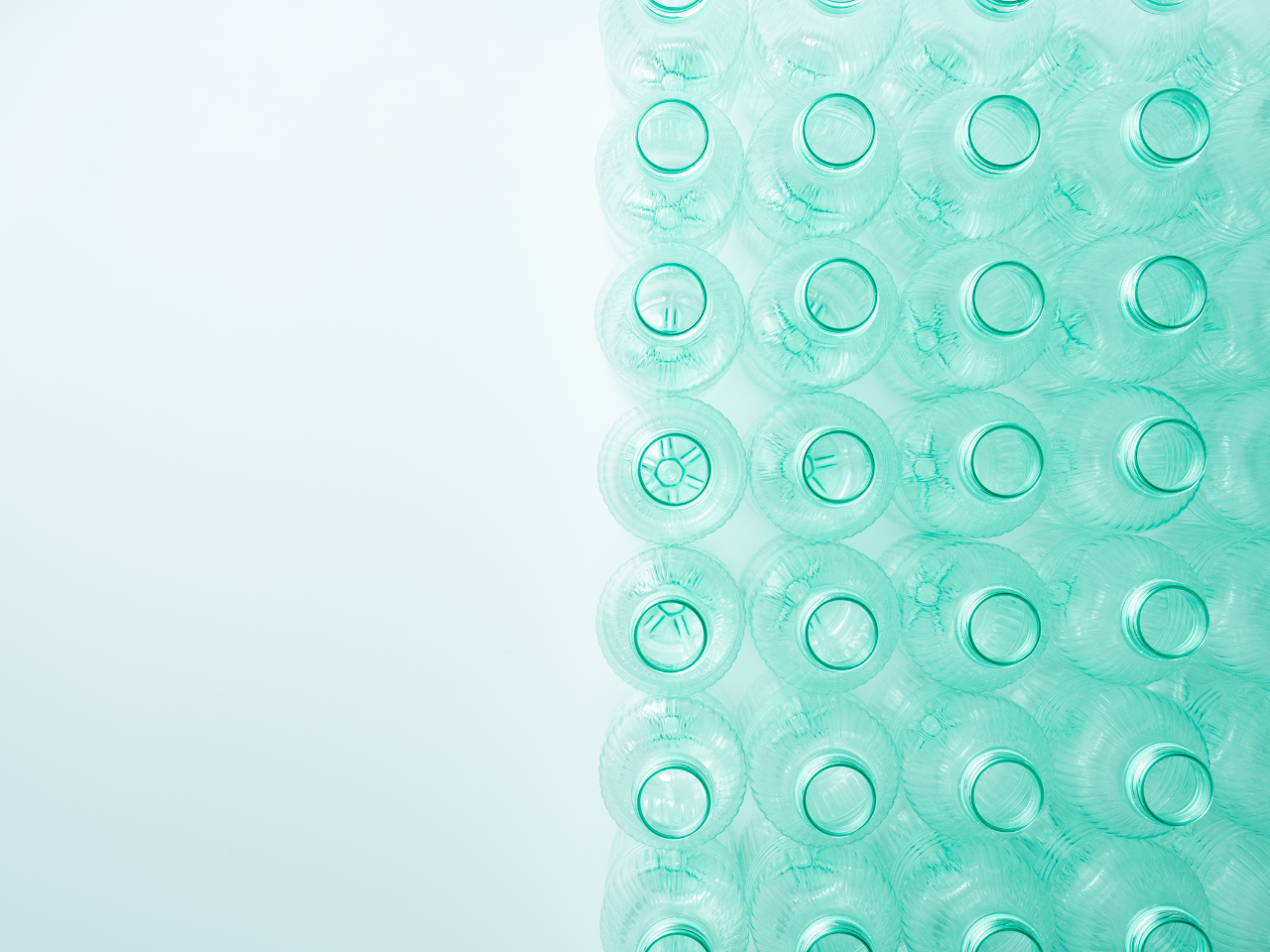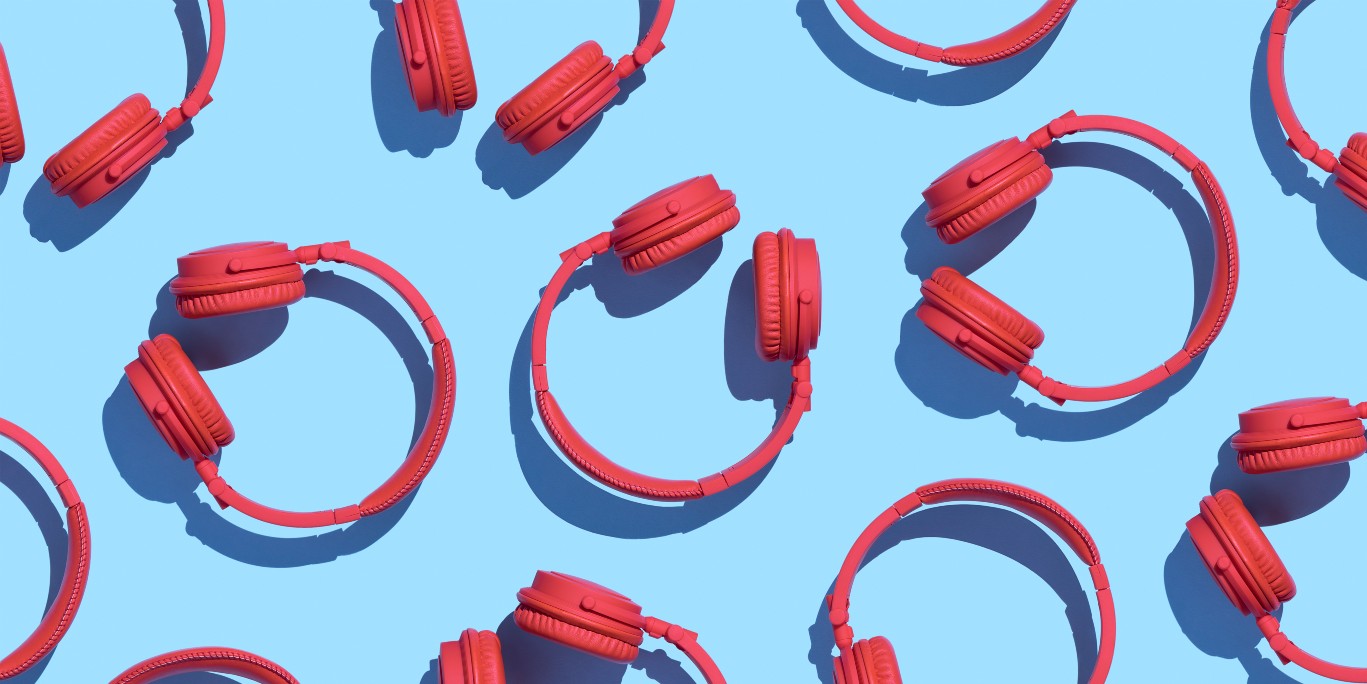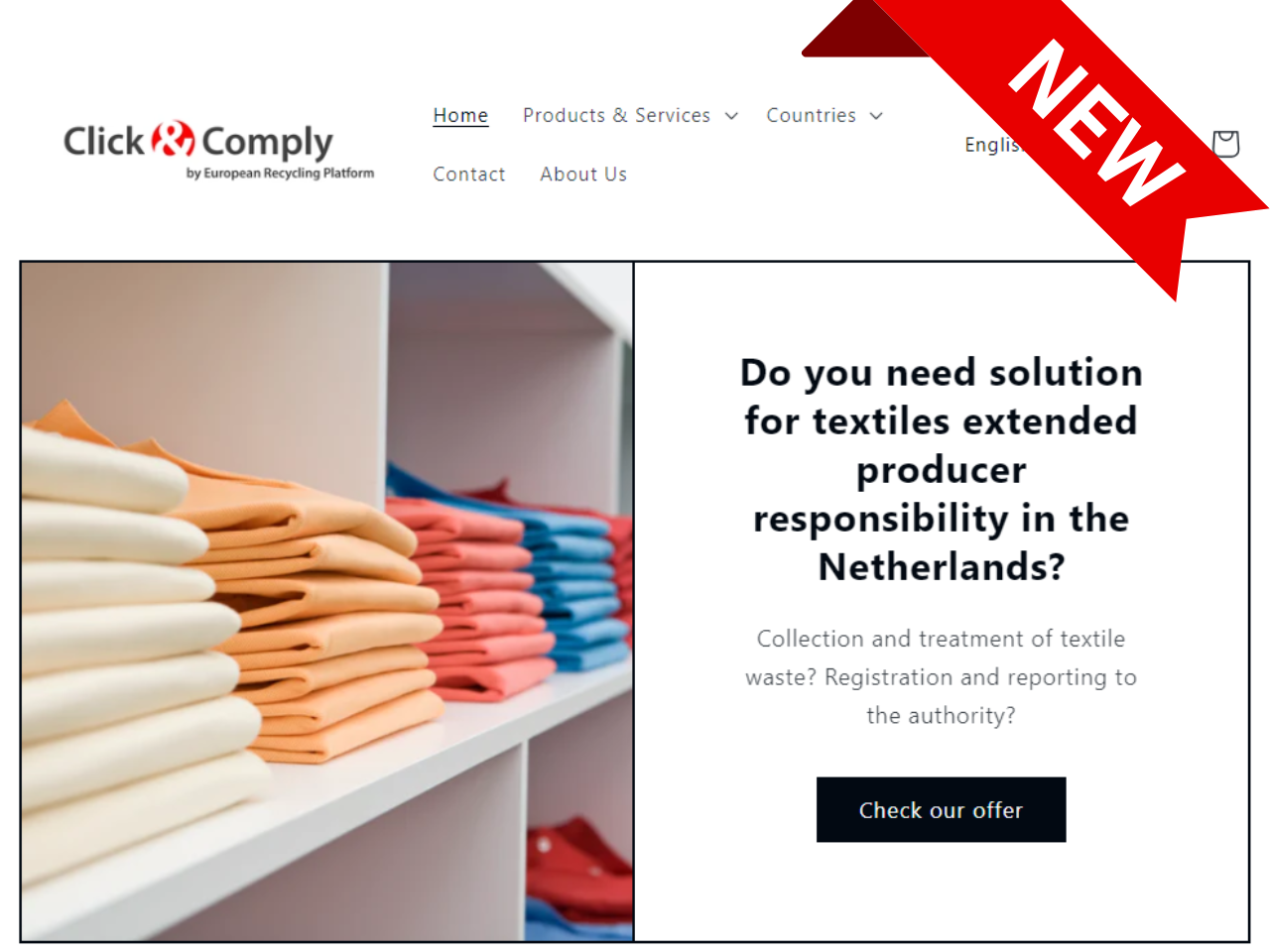What changes worldwide could have the biggest impact on the circular economy? Read our selection for you for October 2022.
EU Commission to improve repairability of smartphones and tablets
The European Commission is considering the introduction of an EU-wide score for the repairability of smartphones and tablets, as foreseen in the draft delegated regulation supplementing the energy labelling regulation published at the end of August. The aim is to improve the repairability and durability of these products and enable consumers to make informed and sustainable purchasing decisions.
The repairability index consists of five levels (A-E), based on criteria such as the disassembly depth and the tools needed for repair, and will be visible on the energy label. In addition, the new label will also provide information on battery endurance, resistance to drops, and protection against dust and water.
Interested stakeholders had until 28 September to comment on the Commission’s proposals. Their contributions will now be evaluated and may be considered in the final regulation. The official adoption by the Commission is expected before the end of the year.
United Kingdom not yet on target for WEEE collection
The United Kingdom may miss this year’s target for the collection of waste electrical and electronic equipment (WEEE).
In the first half of 2022, a total of 120,852 tonnes of household WEEE was collected, corresponding to 46.1% of the targeted annual amount. Last year, when the collection target was also missed, the percentage halfway through the year was 47.5%.
The UK Department for Environment, Food and Rural Affairs (Defra) raised the total target for 2022 to 511,377 tonnes, up 4% compared to the previous year.
One of the reasons given for the low collection rate are the rising costs of living, due to which consumers buy less new electrical equipment and, therefore, hand in fewer old appliances.
Meanwhile, a new survey has revealed that almost three quarters (71%) of all UK residents occasionally throw waste in the general waste bin even though they know it can be recycled. In turn, 54% of respondents admitted to putting non-recyclable waste in the recycling bin.
The study also reveals a considerable lack of knowledge among consumers about what waste can and cannot be recycled. For example, many do not know that waste such as carton (40%), tins (32%) or plastic bottles (27%) can be recycled. In turn, many people in the UK wrongly assume that waste such as kitchen roll belongs in the recycling bin instead of the general waste bin. 2,000 people were surveyed.
Sign up for our monthly
report COMPASS here:
Your email
